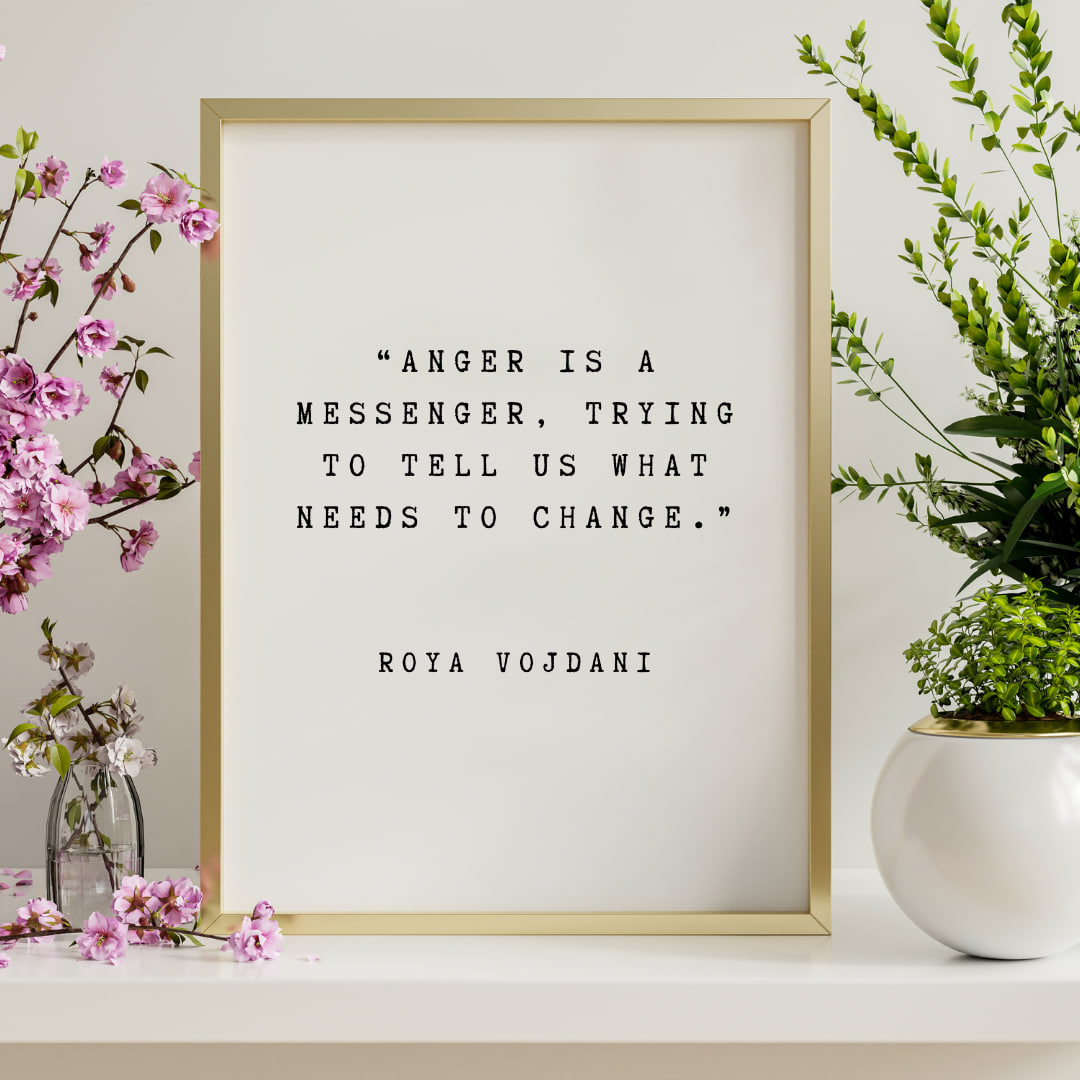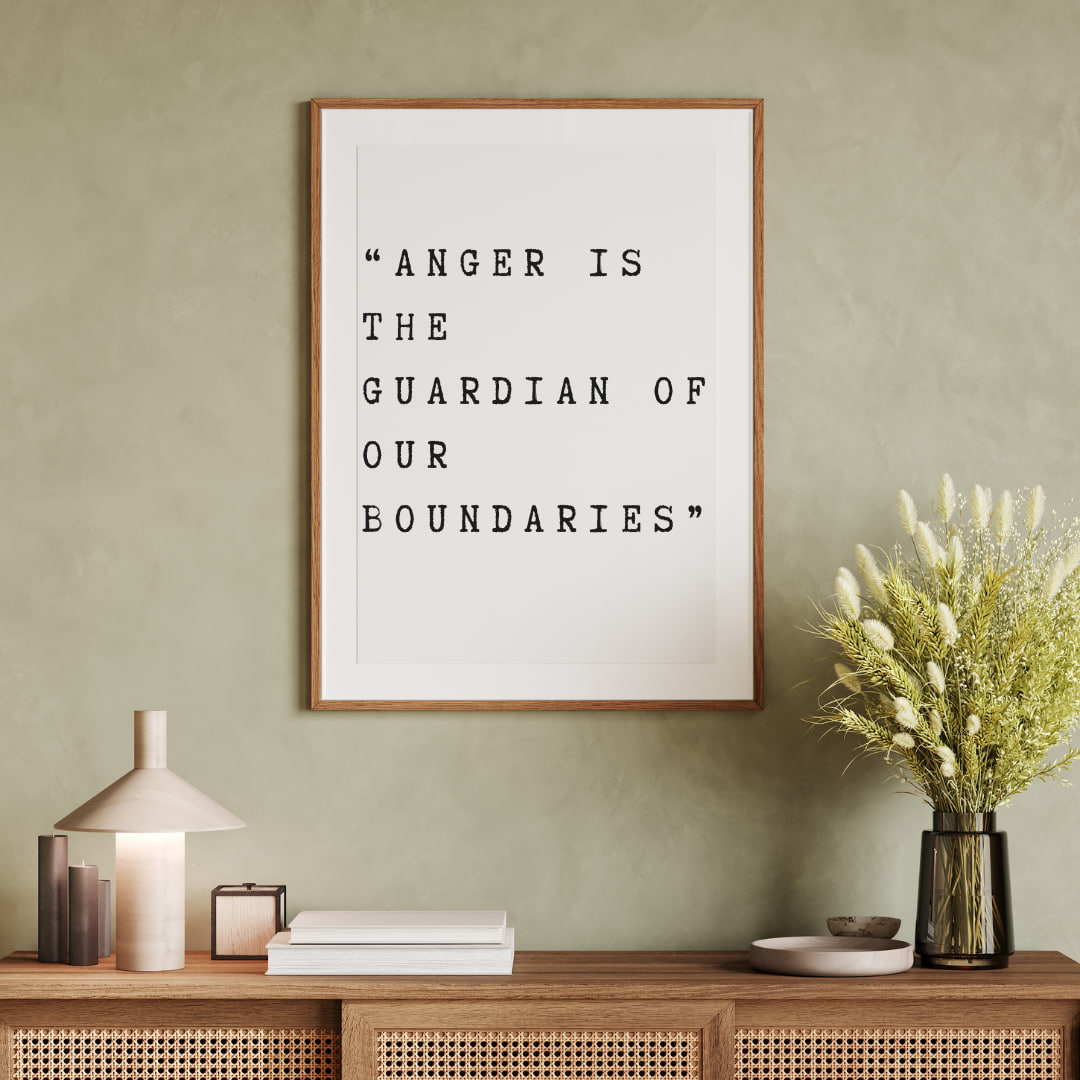ANGER MANAGEMENT
COUNSELLING

Our approach to Anger Management Treatment:
Unique Approach for Each Person
Promoting Emotional Regulation
Years of Experience in Anger Management
A Holistic Approach
Developing Healthy Communication

Humans suffer from an endless number of emotional problems and challenges, most of these can be traced to developmental trauma “
What is Anger Management:

Signs of Anger Management Issues:
Anger and other mental health issues:
Anger issues can often accompany other mental health challenges, such as depression and anxiety.
Frequent Feelings of Anger:
Intense Outbursts:
Physical Symptoms
Relationship Problems
Legal or Financial Consequences:
Regretting Behaviours We Engaged In
ANGER AND UNPROCESSED EMOTIONS:
“Knowing yourself is the beginning of all wisdom.”
THE STEPS INVOLVED IN YOUR THERAPY PROCESS
- Schedule a complimentary consultation.
- Book your first session to kickstart your therapy process if we resonate with you.
- Keep in mind that therapy isn’t a quick fix; consistency is vital for positive outcomes.
- Reflect on sessions and apply insights for maximum therapeutic benefits.
- Communicate what works and what doesn’t; therapy is a collaborative process.
Different types of Anger issues:
Outward Anger Issues
Sometimes anger shows up as outward behaviours towards other people. The behaviours can include shouting, cursing , breaking things , or physically abusing someone. This form of anger can seriously impact our relationships and our loved ones.
Inward Anger Issues
Anger can sometimes be directed at ourselves in the form of harsh self criticisms, blaming ourselves or depriving ourselves of basic needs. This form of anger takes a toll on our mental health and can lead to depression and anxiety.
Passive Anger Issues
Sometimes we show our anger in indirect and subtle ways such as silent treatment , making fun of someone , being sarcastic or making snide remarks. This usually leads to increased frustration and resentment in the person we are angry at and can lead to relationship breakdowns.
FAQ
How do I know if I have anger issues ?
These signs usually mean you have anger issues :
- You feel anger often
- Your anger seems out of proportion to the problem
- Your anger manifests as being aggressive or abusive
- You have violent outbursts
- Your anger is impacting your relationships
- You feel out of control when you are angry
Is anger a bad emotion?
How does therapy help me with my anger issues ?
What’s the best treatment for anger?
What’s the difference between anger and aggression?
Why my anger management skills sometimes don’t work?

About Roya Counselling
At Roya Counselling, we are committed to providing professional, ethical, and evidence-based counselling services that prioritize your well-being. We understand that seeking therapy can be a difficult and brave decision, and we honor the trust you place in us. We have personally experienced the transformative power of therapy, and we will never take your desire for healing lightly.
More
We feel very privileged to hear about our clients’ hopes, goals and pains and witness them slowly recovering their peace, happiness and livelihood.
